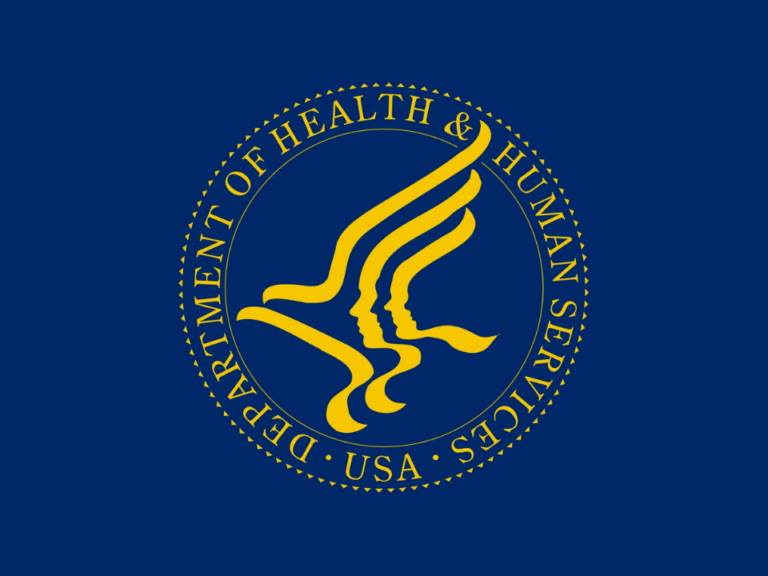In a speech before a joint session of Congress, President Trump briefly addressed pediatric cancer, pointing to a 13-year old brain tumor survivor, Devarjaye “DJ” Daniel, who was watching from the gallery, making his dream come true by naming him a Secret Service agent.
To access this subscriber-only content please log in or subscribe.
If your institution has a site license, log in with IP-login or register for a sponsored account.*
*Not all site licenses are enrolled in sponsored accounts.
Login Subscribe
If your institution has a site license, log in with IP-login or register for a sponsored account.*
*Not all site licenses are enrolled in sponsored accounts.
Login Subscribe














